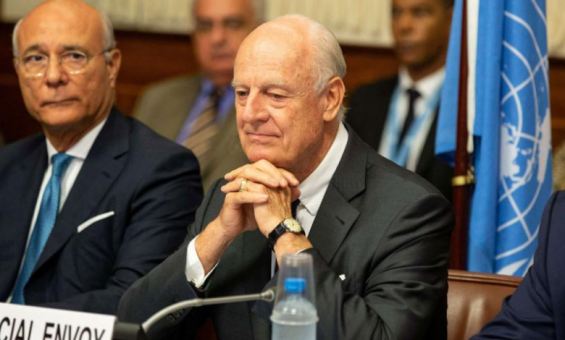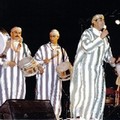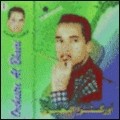Three years after his appointment as the UN Secretary-General's envoy for the Sahara, succeeding German diplomat Horst Köhler, veteran Italian diplomat Staffan de Mistura has proposed dividing the Sahara between Morocco and the Polisario Front as a solution to the nearly five-decade-long conflict, according to remarks compiled by Reuters.
In a closed-door briefing to the Security Council on Wednesday, de Mistura suggested that partition «could allow for the creation, on one hand, of an independent state in the southern part, and on the other hand, the integration of the rest of the territory as part of Morocco, with its sovereignty over it internationally recognized».
Morocco continues to maintain that autonomy under its sovereignty is the only political solution it is willing to offer. Meanwhile, the Polisario Front insists on holding a referendum for self-determination. De Mistura urged Morocco to «clarify and expand» its autonomy proposal.
After meeting with de Mistura in April, Moroccan Foreign Minister Nasser Bourita stated, «There will be no political process outside the framework of the round tables set by the UN, which must include full participation from Algeria. There will be no solution outside the framework of Morocco’s autonomy initiative, and no serious political process can take place while the Polisario militias violate the ceasefire daily». The Polisario remains adamant about holding a referendum.
Despite this insistence, the UN confirmed in the late 1990s that the settlement plan for Western Sahara, which involved organizing a referendum with two potential outcomes, had reached a deadlock. The main point of contention was deep disagreements over voter eligibility between the Polisario-Algeria bloc and Morocco. In January 2000, then-UN Secretary-General Kofi Annan terminated the committee responsible for identifying Sahrawis eligible to vote in the self-determination referendum.
An old proposal revisited
The idea of dividing the Sahara is not new. Algeria presented a similar proposal in 2001, suggesting that Morocco retain the Saguia el-Hamra region (two-thirds of the Sahara) and that the Polisario Front establish its independent state in the Wadi el-Dahab region (the remaining one-third).
However, Morocco swiftly rejected Algeria’s partition proposal, as noted in the Secretary-General’s May 22, 2003 report on the Sahara situation.
In April 2002, the United States submitted a draft resolution to the UN Security Council, which adopted the framework agreement proposed by UN envoy James Baker, with some amendments. This led to protests from Algeria, and its permanent representative to the UN, Ambassador Abdallah Baali, wrote to the president of the Security Council, urging him to discard the US draft unless the third option of dividing Western Sahara between the Polisario Front and Morocco was considered. Baali also called on the Security Council to explore a political solution for Western Sahara, expressing Algeria's willingness to review the proposal of partitioning the territory.
Algeria argued that this solution would be fair and claimed it had the support of several countries.
Morocco responded strongly to Algeria's proposal, accusing Algeria of «putting an end to the narrative it had created about the so-called Sahrawi people».
In a statement at the time, the Moroccan government rejected the partition idea, asserting that Algeria’s proposals «sow the seeds of unrest in the region and pose a new threat of conflict, setting a dangerous precedent for the war-torn African continent».
The Moroccan government reiterated its «strong rejection of any solution that does not respect Morocco’s territorial integrity and sovereignty over the Sahara provinces», calling the partition proposal «a new conspiracy against Morocco’s territorial integrity».




 chargement...
chargement...












